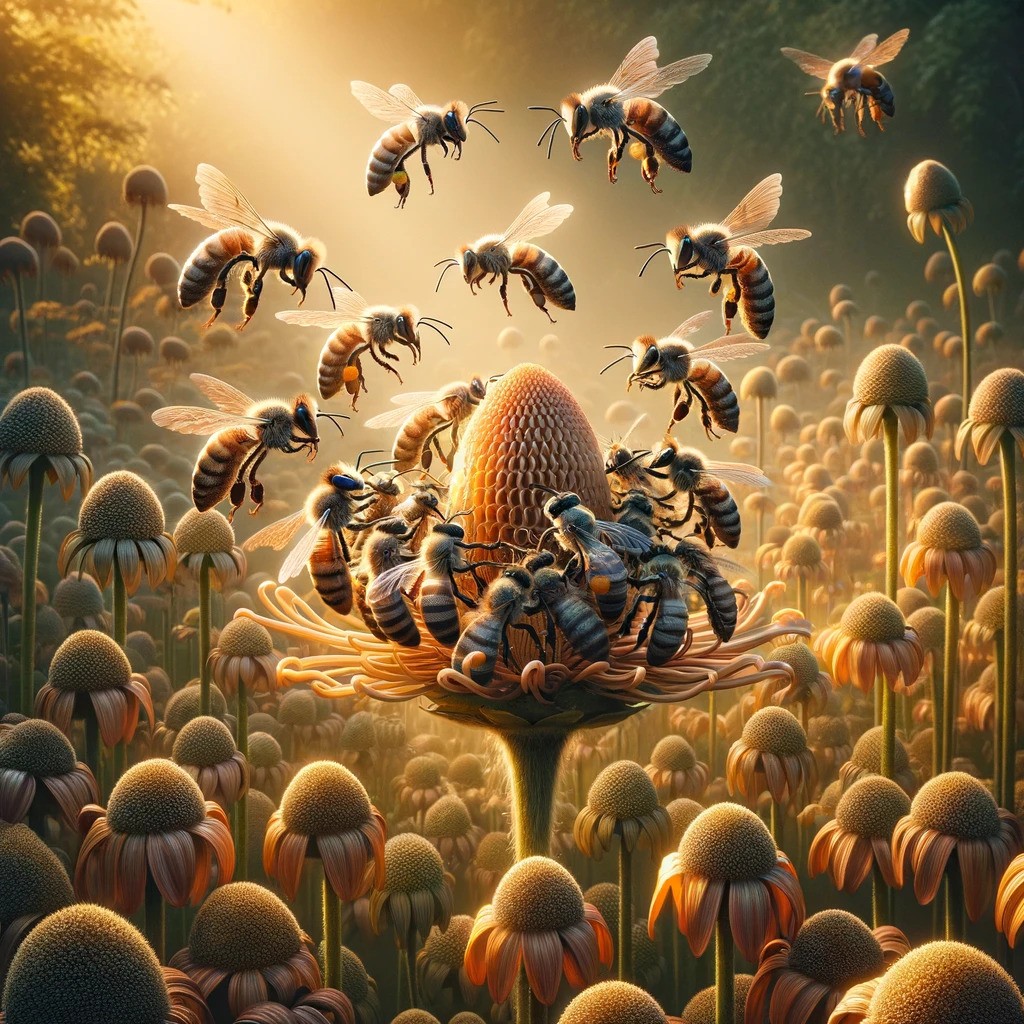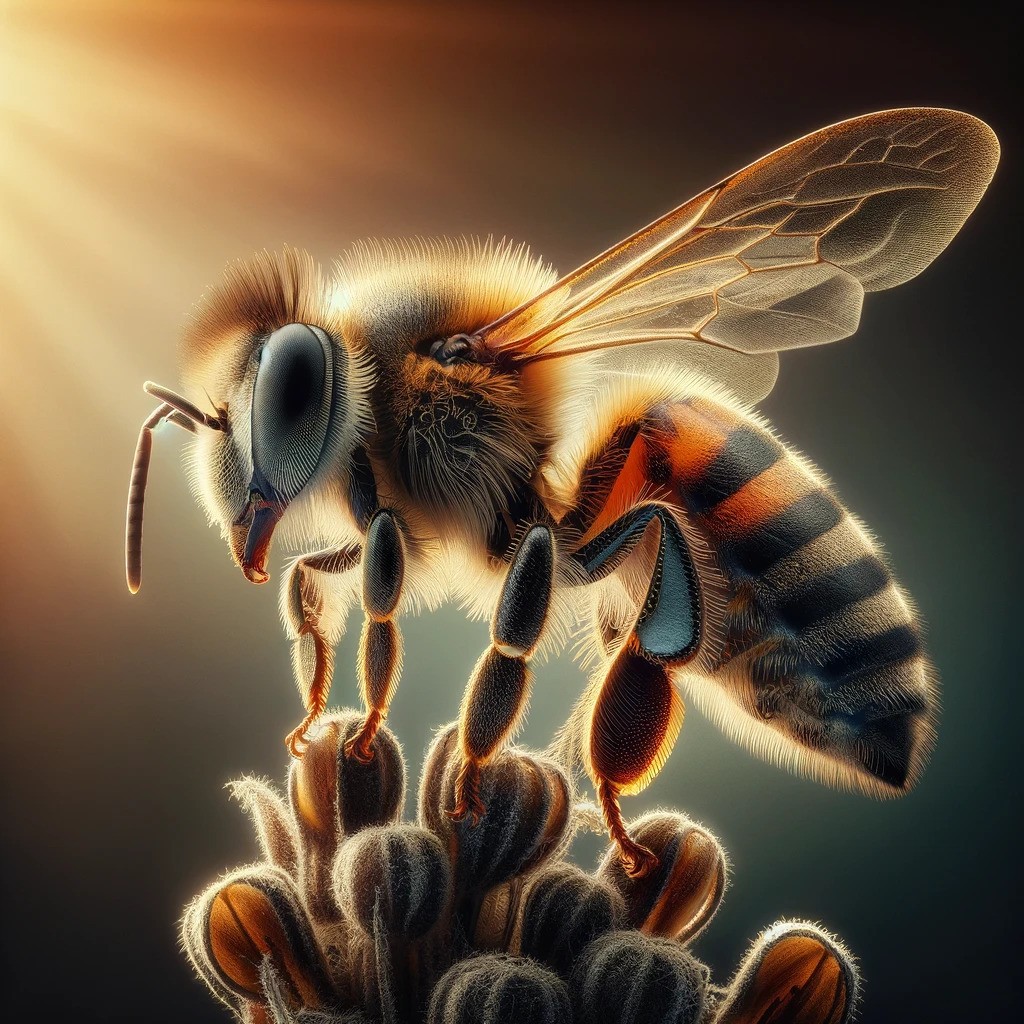A marvel of nature, bees play a crucial in our ecosystem and agricultural habits and that’s why we need to pay close attention to the threats that endanger them.
Today I want to dive into the topic of Nosema, a silent and stealthy enemy to all bee populations.
This disease caused by microsporidian parasites, can devastate bee colonies pretty quickly if left unchecked.
Understanding Nosema
Nosema is a disease that primarily affects the digestive system of adult honey bees.
There are two main species responsible: Nosema apis (fungus) and Nosema ceranae (parasite).
Both species infect the midgut of bees, disrupting their digestion and overall health and mood.
The Symptoms and Impact of Nosema
Infected bees show various symptoms, including dysentery, a bloated abdomen, and reduced work activity.
You can clearly see the signs of nosema on top of your hives that are covered with tiny brown spots.
Besides shortening the lifespan of a bee, Nosema will directly impact the bee’s behavior and will cause it to lose its appetite for work which in populations with a high infection rate is fatal.
Queen bees are also susceptible to this disease which reduces their laying capabilities and directly impacts the queen’s lifespan.
How Nosema Spreads
Nosema spores are incredibly resilient and can survive in the natural environment for long periods.
The primary mode of transmission is through the ingestion of contaminated food or water.
Infected bees can also spread spores within the hive through their feces.
Managing and Preventing Nosema
In our fight against this silent enemy there are some things we can do to protect our bees:
Hygiene: Keeping the hive clean and maintaining a strong gene pool inside your apiary which is prone to cleaning instincts.
Nutrition: Providing a balanced diet when nature can’t provide can boost the bees’ immune systems, helping them resist infections.
Medication: Fumagillin is a medication that has been used to treat Nosema apis, although its effectiveness against Nosema ceranae is debated.
Please keep in mind that treating your hives with any form of treatment that is not approved by medical studies might do more harm than good to your bees.
The Role of Beekeepers
We as beekeepers play a critical role in managing our bee populations’ illnesses. It is our duty to regularly inspect the hives for signs of illness, maintain proper hive hygiene, and provide our bees with high-quality food at times when nature can’t provide it.
Educating ourselves is crucial in combating this disease.
Nosema is a formidable foe, but with vigilance and proactive management, its impact on bee colonies can be mitigated.
Thank You For Reading
And don’t forget that you can reach us via any social media platform!














